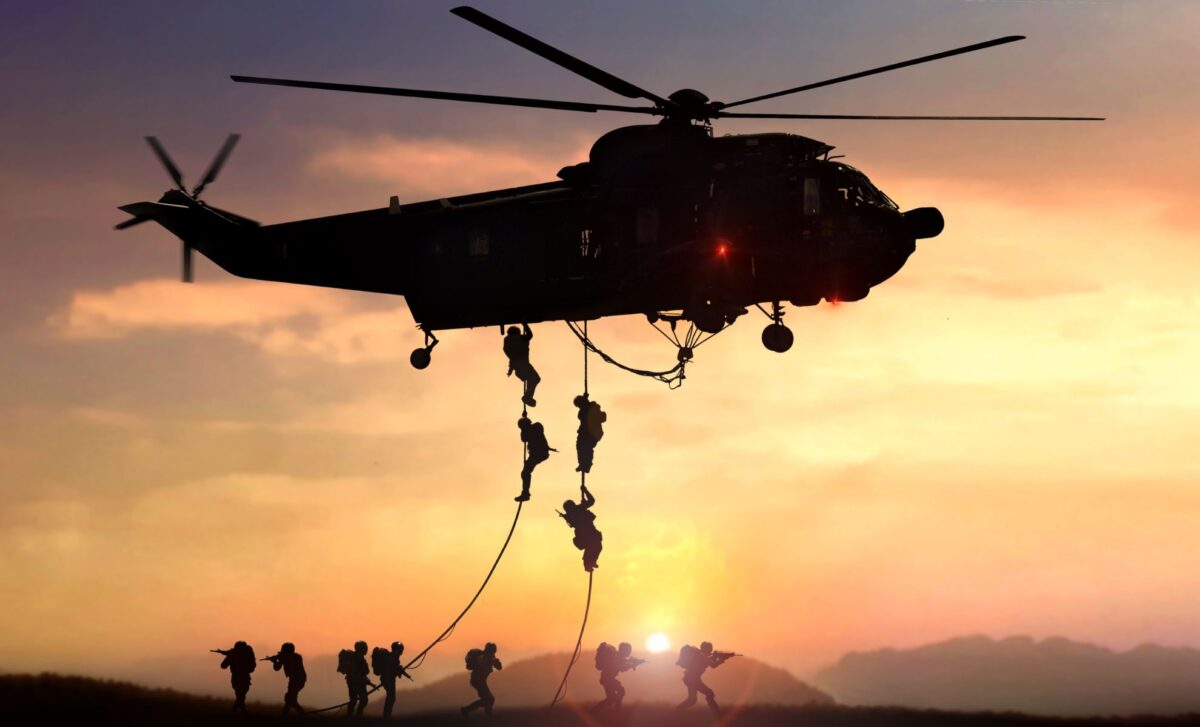In an era marked by escalating geopolitical tensions, the global defense sector is witnessing a significant surge in demand. Recent analyses indicate that the world’s major defense companies are experiencing near-record high order backlogs, reflecting a robust and growing market. This trend underscores the increasing focus of nations on military preparedness and defense capabilities.
Fifteen of the world’s largest defense groups, including prominent names like Northrop Grumman, Lockheed Martin and Boeing, have collectively amassed order backlogs worth $777 billion by the end of 2022, a notable increase from $702 billion in 2021 and $608 billion in 2019. This trend, highlighted in a Financial Times report on December 27, 2023, spanning from 2015 to the first half of 2023, has been observed globally, with significant contributions from companies based in the United States, Europe, and South Korea.
Rising Geopolitical Tensions Fueling Defense Sector Growth
The escalating order books are largely driven by heightened geopolitical conflicts. A primary driver of this demand surge is the ongoing conflict in Ukraine, which has prompted nations to significantly bolster their defense capabilities, as evidenced by a 3.7% increase in global military expenditure in 2022, reaching a new high of $2,240 billion, according to the Stockholm International Peace Research Institute.
In the first six months of 2023, the combined backlogs of these defense companies stood at an impressive $764 billion, indicating a sustained trend of robust demand. This figure is notably close to the total backlog of $777 billion recorded for the entirety of 2022. This near-equivalence in such a short span underscores not only the continued robust demand in the defense sector, but also suggests a rapid acceleration in order placements. This trend is reflective of an intensifying global focus on defense readiness and could signify an even more pronounced growth rate for the industry in the latter half of 2023.
Hanwha Aerospace and Rheinmetall: Standout Performers
South Korea’s Hanwha Aerospace saw its backlog soar from $2.4 billion in 2020 to $15.2 billion by the end of 2022, largely fueled by orders from Poland in relation to the Ukraine conflict. Similarly, Germany’s Rheinmetall experienced a backlog increase from $14.8 billion in 2020 to $27.9 billion in 2022.
The defense sector’s robust performance has attracted significant investor interest. The MSCI global benchmark for the industry’s stocks rose by 25% over the past 12 months, while Europe’s Stoxx aerospace and defense stock index surged by over 50% during the same period.
Defense Companies Grow Despite Supply Chain Disruptions
Despite the burgeoning order books, defense companies face challenges in ramping up production capacities due to persistent supply chain disruptions and labor shortages. This situation has resulted in a slight decrease in revenues from arms sales, as reported by the Stockholm International Peace Research Institute, with a 3.5% reduction in 2022 compared to 2021.
Looking ahead, the defense sector’s order pipeline remains strong. Industry analysts, like Nick Cunningham of Agency Partners, anticipate continued growth in backlogs, driven by long lead times in policy making and order placements. However, the full impact of recent geopolitical events on revenues remains to be seen, as the industry navigates through ongoing global challenges.









